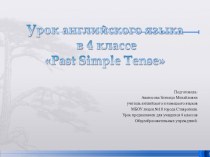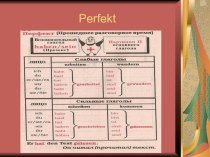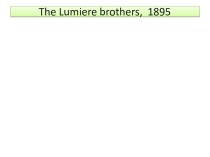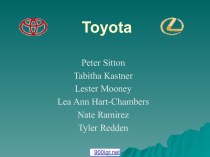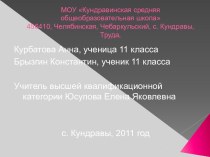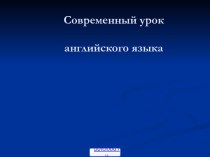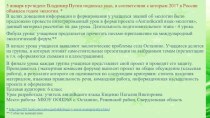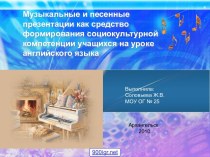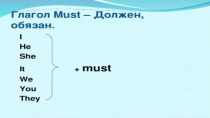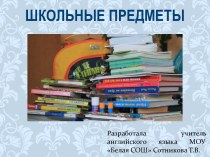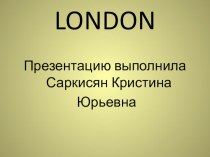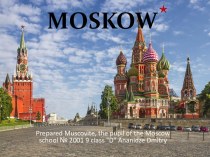- Главная
- Разное
- Бизнес и предпринимательство
- Образование
- Развлечения
- Государство
- Спорт
- Графика
- Культурология
- Еда и кулинария
- Лингвистика
- Религиоведение
- Черчение
- Физкультура
- ИЗО
- Психология
- Социология
- Английский язык
- Астрономия
- Алгебра
- Биология
- География
- Геометрия
- Детские презентации
- Информатика
- История
- Литература
- Маркетинг
- Математика
- Медицина
- Менеджмент
- Музыка
- МХК
- Немецкий язык
- ОБЖ
- Обществознание
- Окружающий мир
- Педагогика
- Русский язык
- Технология
- Физика
- Философия
- Химия
- Шаблоны, картинки для презентаций
- Экология
- Экономика
- Юриспруденция
Что такое findslide.org?
FindSlide.org - это сайт презентаций, докладов, шаблонов в формате PowerPoint.
Обратная связь
Email: Нажмите что бы посмотреть
Презентация на тему по английскому языку Леди века
Содержание
- 2. I usually make up my mind about
- 3. There can be no liberty unless there is economic liberty.
- 4. You may have to fight a battle more than once to win it.
- 5. Margaret Thatcher (1925 – 2013)
- 6. Early life: Margaret and her older sister Muriel:
- 7. About parents:
- 8. ChemistryMargaret works in the laboratory:
- 9. FamilyDenis and Margaret Thatcher with children:
- 10. Marriage
- 11. Early political career
- 13. The Russians are bent on world dominance,
- 14. Iron Lady
- 15. Prime MinisterDomestic affairs:She lowered direct taxes on
- 16. Thatcher and FitzGerald signed the Hillsborough Anglo-Irish
- 17. Foreign affairs:Thatcher became closely aligned with the
- 18. The Falklands War(1982)
- 19. Hong-KongThatcher agreed to hand over Hong Kong's sovereignty in 1997
- 20. Margaret Thatcher and RussiaThatcher's first foreign policy
- 21. Thatcher was one of the first Western
- 23. Later LifeThatcher left Downing Street in 1990
- 24. In 1998, Thatcher called for the release
- 25. Скачать презентацию
- 26. Похожие презентации
I usually make up my mind about a man in ten seconds, and I very rarely change it.
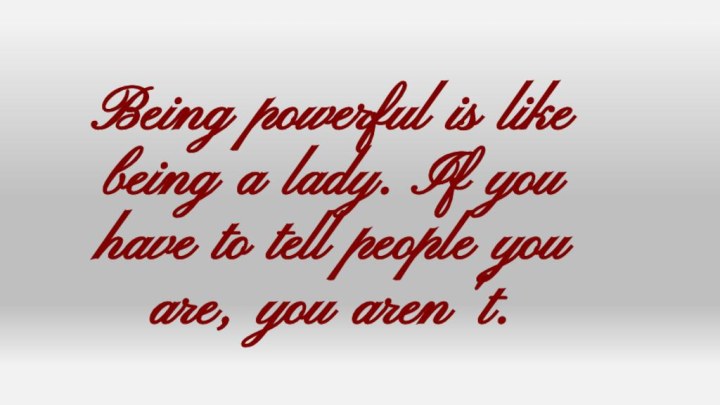
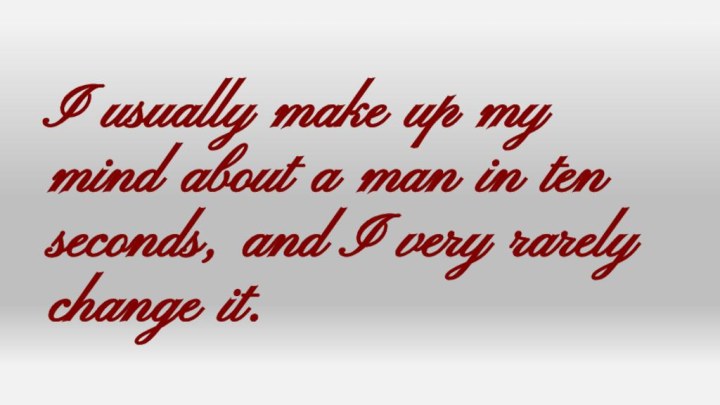
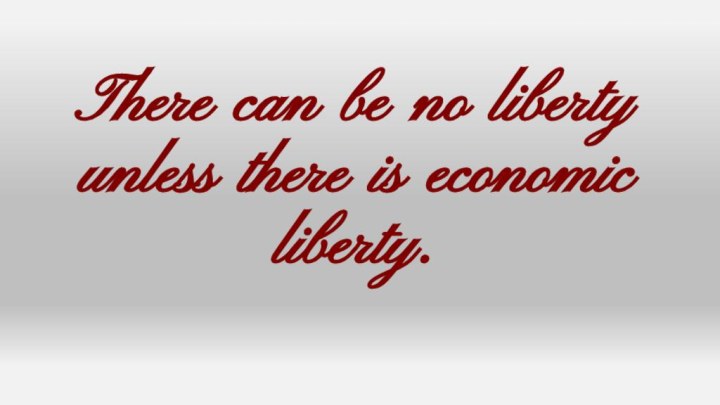
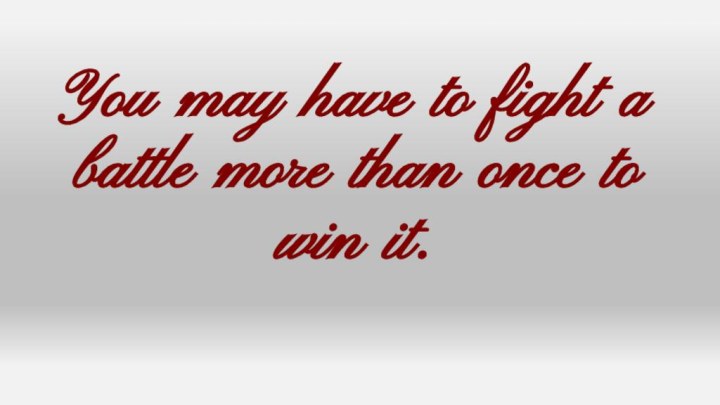
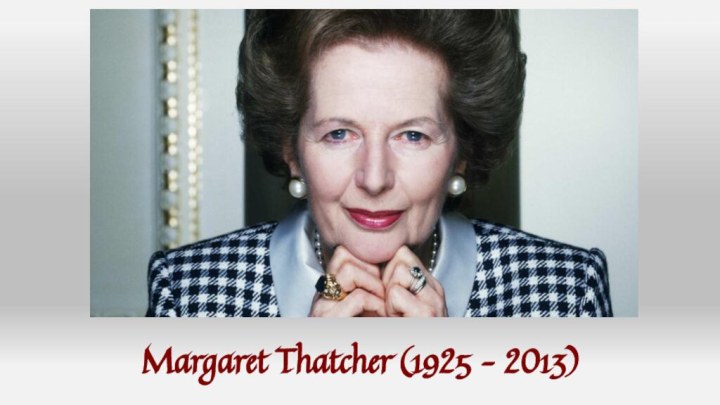

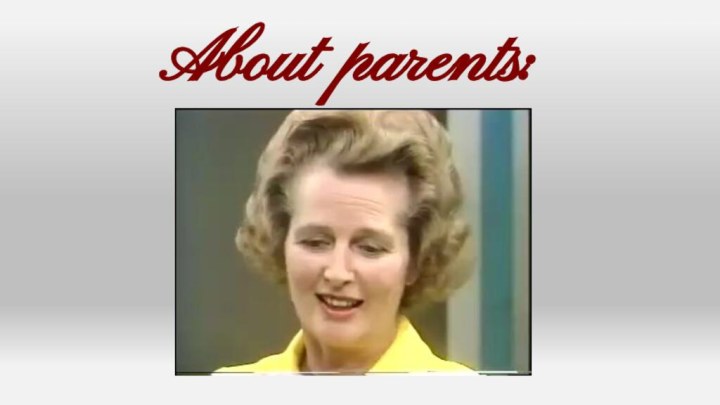
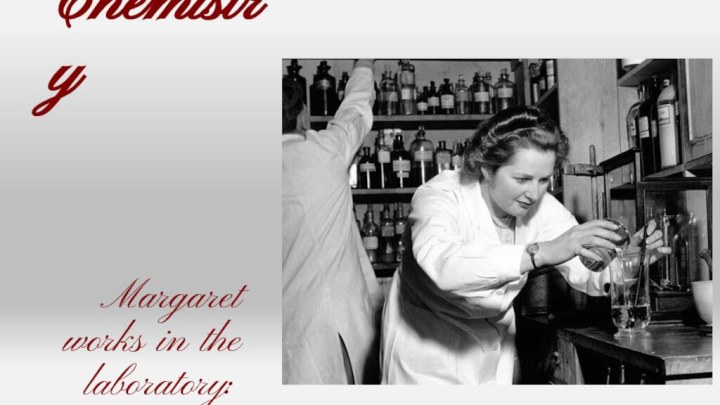
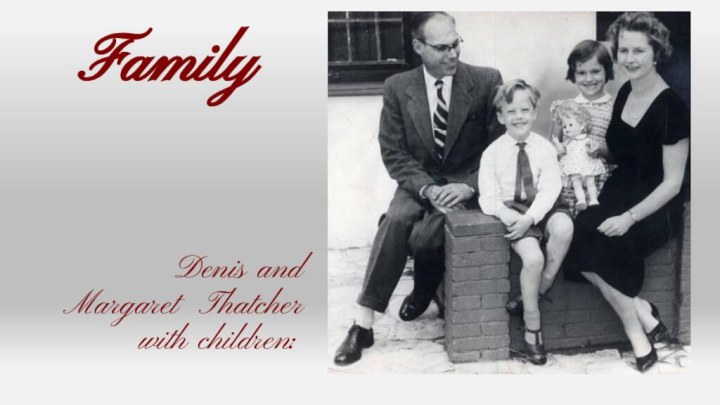
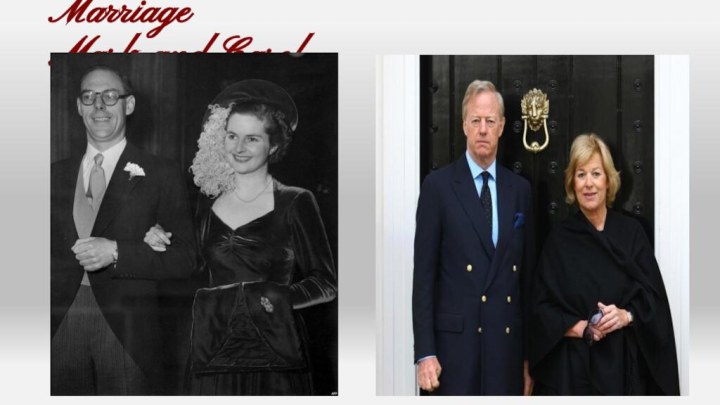
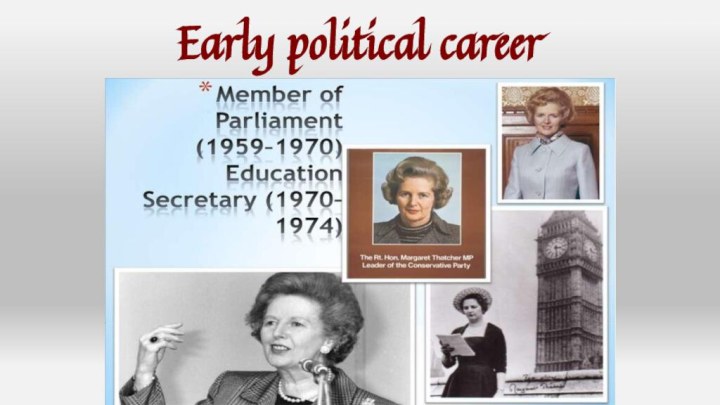

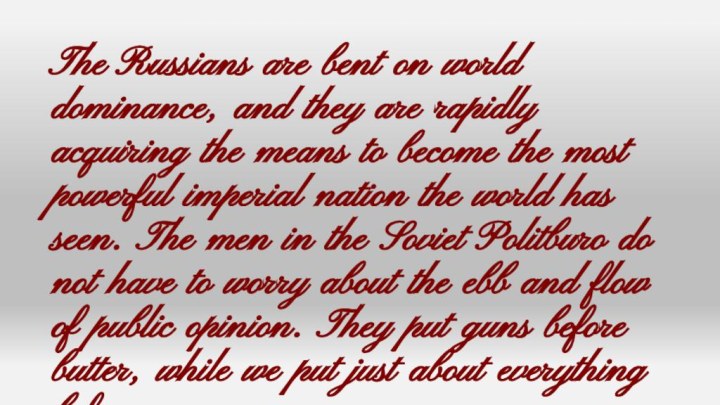
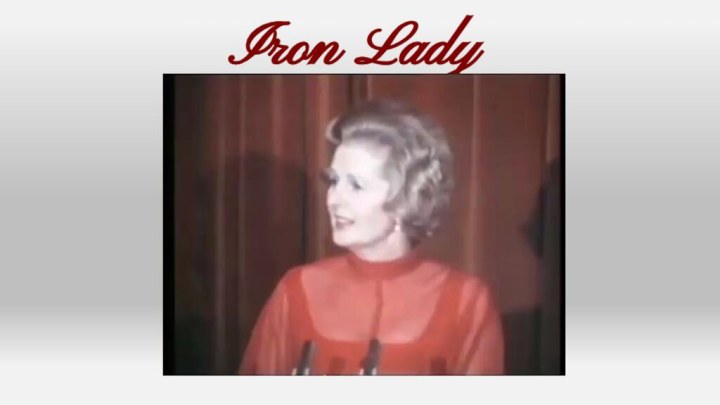
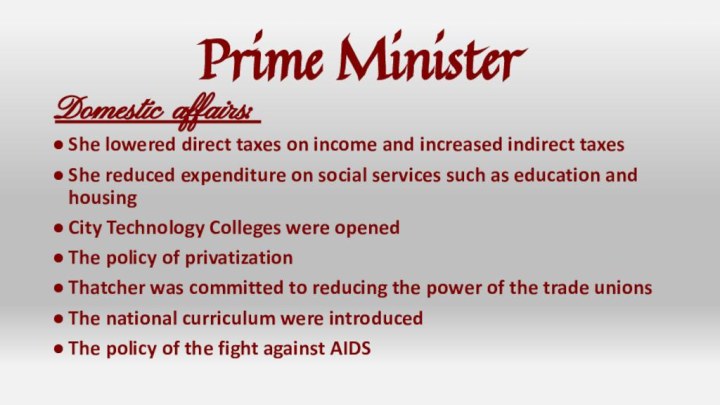



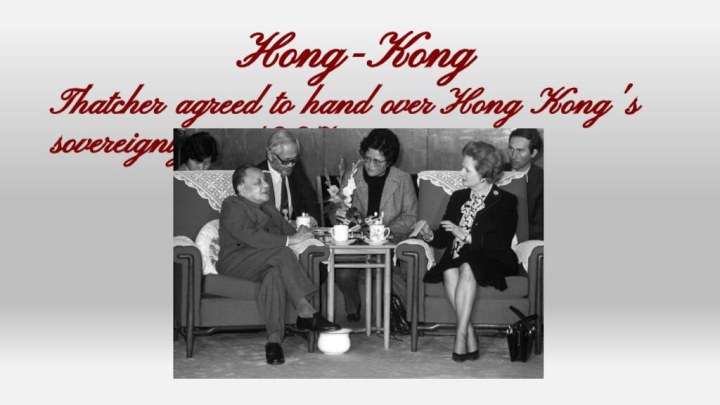
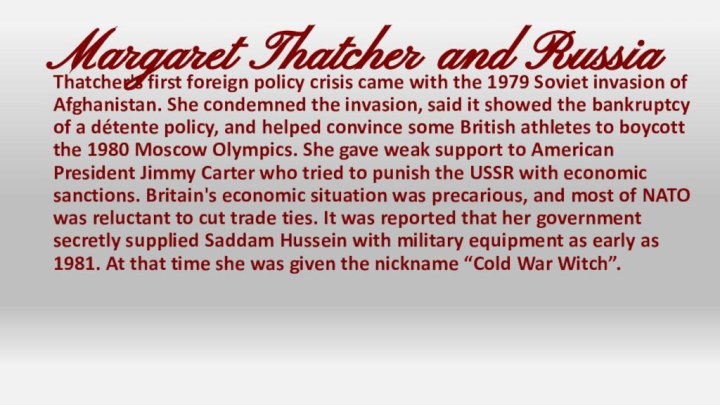
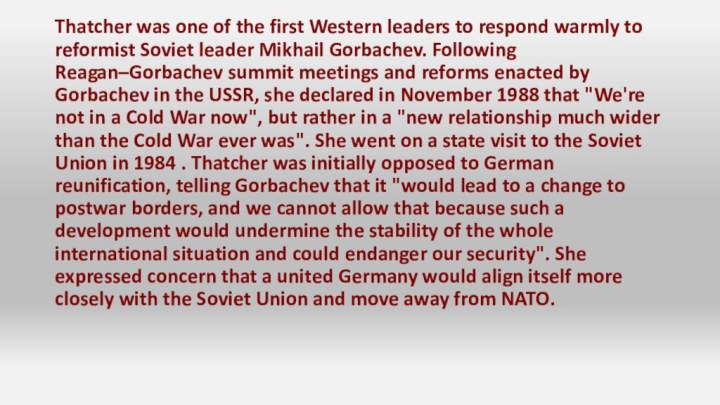
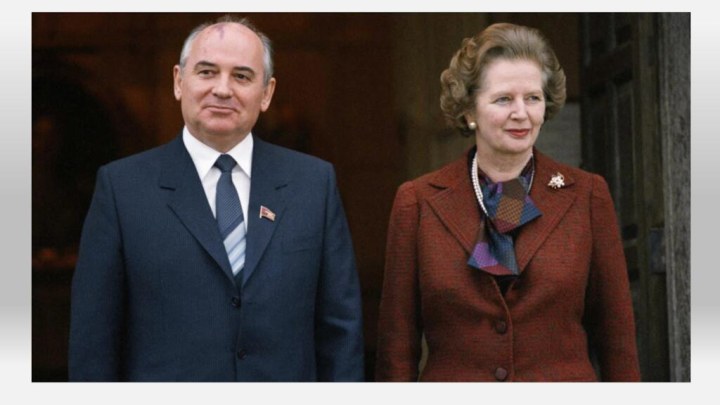
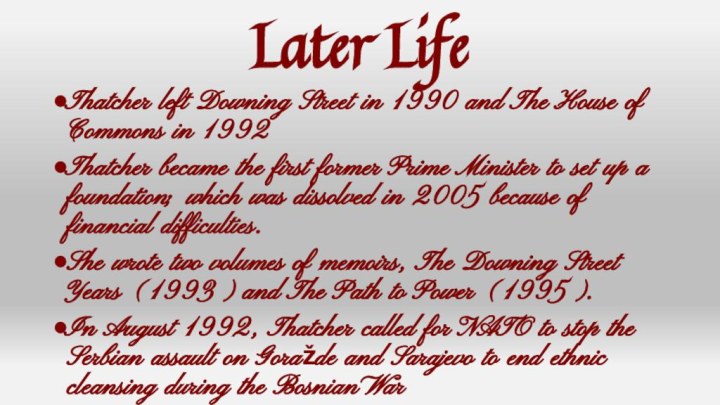
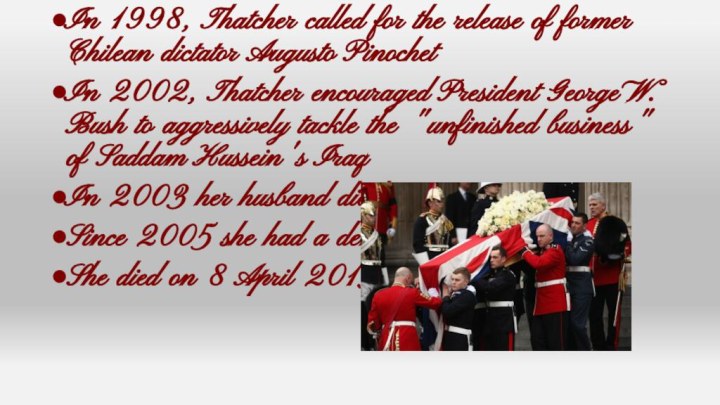
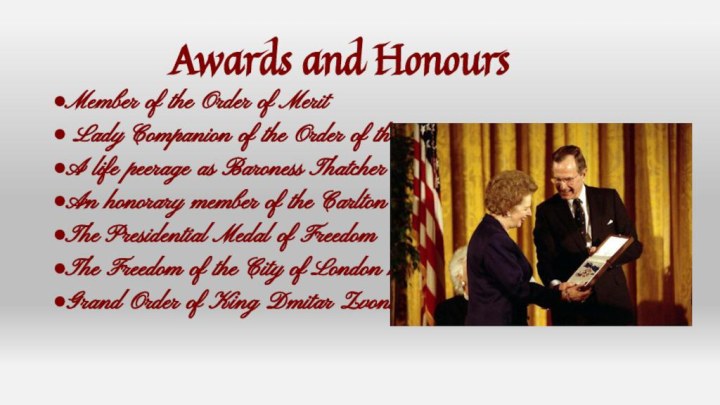
Слайд 13 The Russians are bent on world dominance, and
they are rapidly acquiring the means to become the
most powerful imperial nation the world has seen. The men in the Soviet Politburo do not have to worry about the ebb and flow of public opinion. They put guns before butter, while we put just about everything before guns.
Слайд 15
Prime Minister
Domestic affairs:
She lowered direct taxes on income
and increased indirect taxes
She reduced expenditure on social services
such as education and housingCity Technology Colleges were opened
The policy of privatization
Thatcher was committed to reducing the power of the trade unions
The national curriculum were introduced
The policy of the fight against AIDS
Слайд 16 Thatcher and FitzGerald signed the Hillsborough Anglo-Irish Agreement,
the first time a British government had given the
Republic of Ireland an advisory role in the governance of Northern IrelandThatcher supported an active climate protection policy
Слайд 17
Foreign affairs:
Thatcher became closely aligned with the Cold
War policies of United States President Ronald Reagan, based
on their shared distrust of Communism, although she strongly opposed Reagan's October 1983 invasion of Grenada.
Слайд 20
Margaret Thatcher and Russia
Thatcher's first foreign policy crisis
came with the 1979 Soviet invasion of Afghanistan. She
condemned the invasion, said it showed the bankruptcy of a détente policy, and helped convince some British athletes to boycott the 1980 Moscow Olympics. She gave weak support to American President Jimmy Carter who tried to punish the USSR with economic sanctions. Britain's economic situation was precarious, and most of NATO was reluctant to cut trade ties. It was reported that her government secretly supplied Saddam Hussein with military equipment as early as 1981. At that time she was given the nickname “Cold War Witch”.Слайд 21 Thatcher was one of the first Western leaders
to respond warmly to reformist Soviet leader Mikhail Gorbachev.
Following Reagan–Gorbachev summit meetings and reforms enacted by Gorbachev in the USSR, she declared in November 1988 that "We're not in a Cold War now", but rather in a "new relationship much wider than the Cold War ever was". She went on a state visit to the Soviet Union in 1984 . Thatcher was initially opposed to German reunification, telling Gorbachev that it "would lead to a change to postwar borders, and we cannot allow that because such a development would undermine the stability of the whole international situation and could endanger our security". She expressed concern that a united Germany would align itself more closely with the Soviet Union and move away from NATO.
Слайд 23
Later Life
Thatcher left Downing Street in 1990 and
The House of Commons in 1992
Thatcher became the first
former Prime Minister to set up a foundation; which was dissolved in 2005 because of financial difficulties.She wrote two volumes of memoirs, The Downing Street Years (1993) and The Path to Power (1995).
In August 1992, Thatcher called for NATO to stop the Serbian assault on Goražde and Sarajevo to end ethnic cleansing during the Bosnian War
Слайд 24 In 1998, Thatcher called for the release of
former Chilean dictator Augusto Pinochet
In 2002, Thatcher encouraged President
George W. Bush to aggressively tackle the "unfinished business" of Saddam Hussein's IraqIn 2003 her husband died
Since 2005 she had a dementia
She died on 8 April 2013

